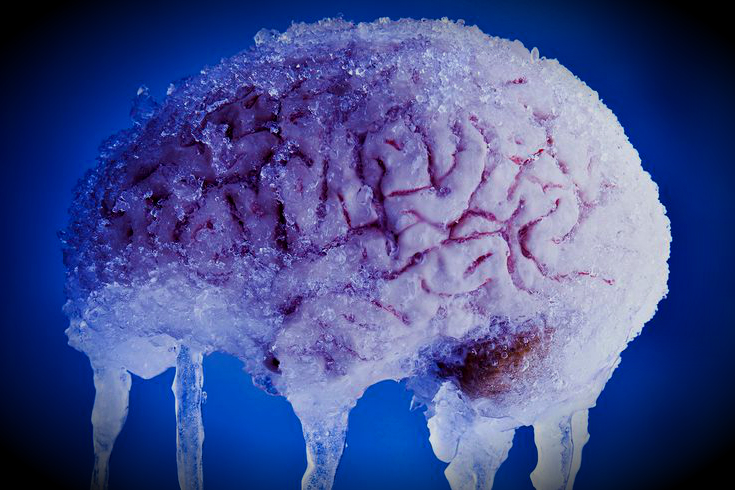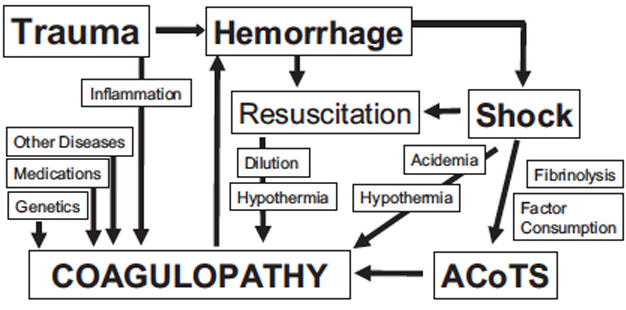When not acting as Chief of Surgical Critical care services and Director of the Cardiac Surgery Unit at the University of Maryland, Dr. Dan Herr finds time to be a world renown expert in ICU delirium! His knowledge and experience on the topic has brought him invites to speak all over the world at some of the largest critical care assemblies. Recently Dr. Herr was one of the principle authors of the guidelines for treatment of pain, agitation, and delirium endorsed by ACCM, SCCM, ASHP, & the ACCP! He is gracious to share what he feels are the most important goals of therapy and brings his unique take on the ABCDEs of the ICU.
The audio in this week’s lecture is a little spotty at times, so we apologize for that. We had to move our discussion to a room not equipped with our usual audio. We’ll be back to normal next week!
Podcast: Play in new window | Download
Subscribe: Apple Podcasts | RSS
So let’s review…
1) 60-80% of ICU patients will develop delirium, but only 16% of ICUs screen for it
- Delirium = ↑ ICU costs by 31% + ↑ ICU length of stay by 30%
- Untreated = ↑ mortality rate by 10% per day (up to 6 months after discharge!!!)
- → #1 piece of advice: Control Anxiety to control Delirium!
2) Avoid over sedation: if you need “daily awakening trials” then you are giving too much sedation…..
- Need specific goals with specific scales; examples: RASS or CAM-ICU
- CAM-ICU is used by only 20% of ICUs despite recommendations by guidelines!
- → #2 piece of advice: only rely on your own CAM-ICU score!!
Copyright © 2002, E. Wesley Ely, MD, MPH and Vanderbilt University, all rights reserved
3) Simplify your pain medication regimen: one medicine for ALL pain (Fentanyl > Dilaudid or Morphine)
- In combination with sedation scales, you must also use PAIN scales (Comfort Sedation vs. Behavioral Pain Scores)
- Pre-treat all procedures: chest tube placement, intubation, etc. → increased patient satisfaction scores!
- Supplement with non-narcotics when/if possible (Tylenol, NSAIDs)
- → #3 piece of advice: Pain control first, then sedation!!
4) Benzo use = Delirium
- Ativan: 1 dose = 20% increase to delirium
- Larger doses → increase to risk (additive risk)
5) Dexmedetomidine = 70% less narcotics needed!! Once at steady state HALF all narcotics
- DO NOT titrate to RASS, instead aim for HR (suggested target of 80 bpm)
- FUN FACT #1: Dex is a potent diuretic
- FUN FACT #2: when compared to Versed, Dex decreased LOS by 21.3% (Left the ICU 1.7 days sooner)
6) ABCDE of ICU sedation
Morandi A et al. Curr Opin Crit Care,2011;17:43-9
Suggested Reading
- Ely EW, Margolin R, Francis J. et al. Evaluation of delirium in critically ill patients: validation of the confusion assessment method for the intensive care unit (CAM-ICU). Crit Care Med.2001;29:1370-1379.
- Barr J, Fraser GL, Puntillo K, Riker R; SCCM Taskforce. Clinical practice guidelines for the management of pain, agitation and delirium in adult ICU patients. Presented at the SCCM Annual Scientific Meeting. February, 2012.
- Joffe AM, Hallman M, Gélinas C, Herr DL, Puntillo K. Evaluation and treatment of pain in critically ill adults.Semin Respir Crit Care Med. 2013 Apr;34(2):189-200.





